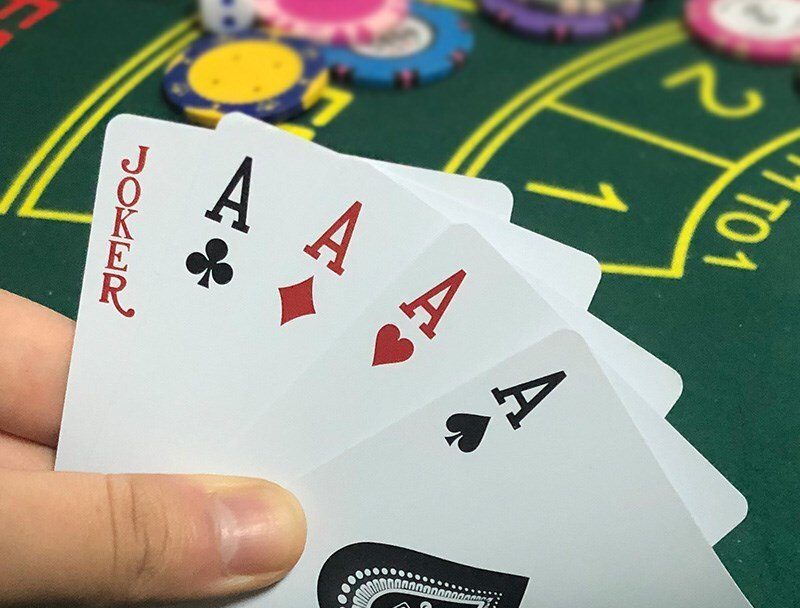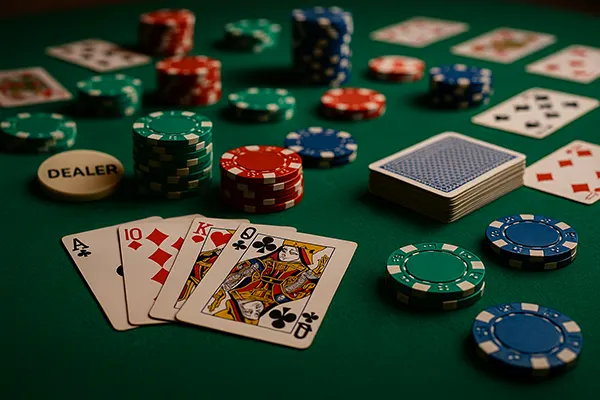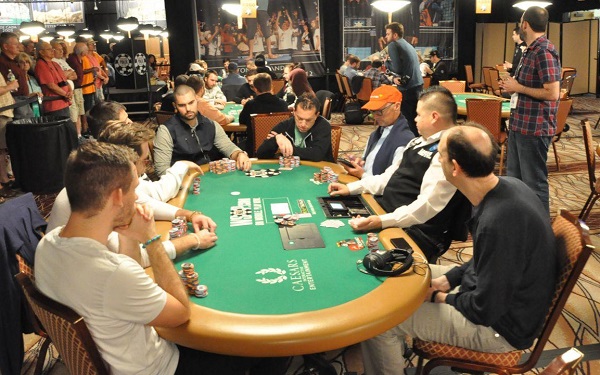
Masters of the Short-Handed Felt: Unveiling the Titans of Poker
Short-handed poker, a dynamic and thrilling variant of the game, typically involves tables with six or fewer players. It demands a blend of sharp skills, psychological fortitude, and strategic acumen, making it a true test of a poker player’s prowess. This article delves into the qualities that set apart the strong from the average, exploring the essence of what it takes to dominate in short-handed poker scenarios.
The Skills That Define Strength in Short-Handed Poker
Success in short-handed poker hinges on a set of core skills, each contributing to the player’s ability to navigate the fast-paced environment. Adaptability is crucial; as the game progresses, the dynamics at the table shift rapidly, requiring players to adjust their strategies accordingly. Aggression, when controlled and strategically deployed, becomes a powerful tool, pressuring opponents and capitalizing on the game’s inherent pace. Equally important is the ability to read opponents and execute well-timed bluffs, leveraging limited information to secure an advantage.
Psychological Edge in Short-Handed Play
The mental game in short-handed poker cannot be overstated. Players must possess mental stamina and an unwavering focus, as the reduced number of opponents intensifies the psychological warfare. Handling pressure and making quick, decisive moves are hallmarks of a strong player, distinguishing them in the high-stakes arena of short-handed play.
Strategic Mastery in Short-Handed Poker
In short-handed poker, mastering the strategic nuances is key. Position play becomes particularly important, as late positions allow you to control the game and exploit information advantages. Adjusting hand selection and ranges becomes critical as the value of certain hands changes depending on the pace of play. Mastering pot control and bet size allows players to manage the flow of the game by making strategic bets that maximise winning potential. Those looking to hone their strategic play are advised to play 7melons Casino, the perfect battleground to test and hone their tactics.
Experience and Knowledge
The backbone of a formidable short-handed player is their depth of experience and knowledge. History is replete with players who’ve risen to prominence through their prowess in short-handed scenarios. This wealth of experience not only hones a player’s instinctual responses but also enriches their strategic toolkit, providing a foundation upon which to build success.

The Impact of Player Types on Short-Handed Poker
Different player types bring unique dynamics to the short-handed table. Tight-Aggressive (TAG) players often excel, balancing caution with calculated aggression to maximize their impact. Loose-Aggressive (LAG) players, with their unpredictable play, can dominate the table, exploiting the inherent volatility of short-handed games. Passive players, however, may find themselves at a disadvantage, as their reticence can be easily exploited by more aggressive opponents.
Case Studies: Analyzing Professional Players in Short-Handed Scenarios
Examining the play of professionals in short-handed situations offers invaluable lessons. From the aggressive dominance of Phil Ivey to the strategic finesse of Tom Dwan, these case studies highlight the varied approaches and strategies that can lead to success. Analyzing these scenarios reveals not only the depth of skill involved but also the psychological and strategic interplay that defines high-level poker.
Improving Your Short-Handed Poker Game
For those aspiring to strengthen their short-handed game, the journey involves a combination of practice, study, and mindset adjustment. Engaging with online platforms, studying hand histories, and analyzing professional play can provide the insights needed to refine your approach. Embracing the volatility and pace of short-handed poker, with a focus on continuous learning and adaptation, is crucial for anyone aiming to excel in this challenging format.
Conclusion
The dominion of short-handed poker is reserved for those who can blend skill, strategy, and psychological acuity into a cohesive arsenal. It’s a realm where the bold thrive, and the knowledgeable reign. Whether you’re a seasoned player or an ambitious newcomer, understanding and embodying these principles is your gateway to mastering the nuanced and exhilarating world of short-handed poker.
Popular topics
-
 Is poker a game of chance?
Is poker a game of chance?Card games attract the attention of players today. And …
-
 Mathematics of Card Games: How the Ho...
Mathematics of Card Games: How the Ho...Card games have fascinated players for centuries, not only …
-
 Prestigious Poker Tournaments
Prestigious Poker TournamentsThe allure of poker tournaments lies not just in …
